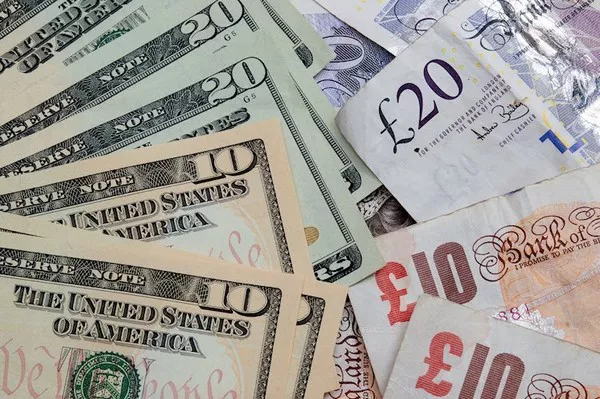Oil prices fell on Monday on concerns that the escalating trade war between the United States and China will weaken global economic growth and dent fuel demand.
Brent crude futures fell $0.29, or 0.45%, to $64.47 a barrel at 01:26 GMT. U.S. West Texas Intermediate crude futures were trading at $61.23 a barrel, down 0.27 cents, or 0.44%.
Both contracts have fallen by about $10 a barrel since the start of the month as the trade war between the world’s two largest economies intensifies.
Goldman Sachs expects Brent crude to average $63 and WTI to average $59 for the rest of 2025, and $58 for Brent and $55 for WTI in 2026.
Global oil demand is expected to grow by just 300,000 bpd year-on-year in the fourth quarter of 2025 “given the weak growth outlook,” analysts led by Daan Struyven said in a note, adding that the slowdown is expected to be most pronounced in demand for petrochemical feedstocks.
Beijing raised tariffs on U.S. imports to 125% on Friday, countering President Donald Trump’s decision to raise tariffs on Chinese goods and raising the risk of a trade war that could upend global supply chains.
Trump on Saturday approved exemptions from steep tariffs on smartphones, computers and some other electronics imported mainly from China, but U.S. Commerce Secretary Howard Lutnick said on Sunday that key tech products from China will face separate new tariffs along with semiconductors in the next two months.
The trade war has heightened concerns that unsold exports could continue to depress prices in China.
“China’s inflation data reflects that the Chinese economy is not ready for a trade war,” Moody’s Analytics said in a weekly report, citing data released on April 10. The consumer price index fell year-on-year for the second consecutive month, while the producer price index fell 30% in a row.”
Baker Hughes said that as companies prepare for a possible drop in demand, U.S. energy companies cut the number of oil drilling rigs last week, marking the largest single-week drop since June 2023, and reducing the total number of oil and gas drilling rigs for the third consecutive week.
U.S. Energy Secretary Chris Wright said on Friday that the United States may stop Iranian oil exports as part of Trump’s plan to pressure Iran over its nuclear program, which may support oil prices.
Officials said over the weekend that the two countries held “positive” and “constructive” talks in Oman on Saturday and agreed to hold dialogue again next week to address Iran’s escalating nuclear program.

































